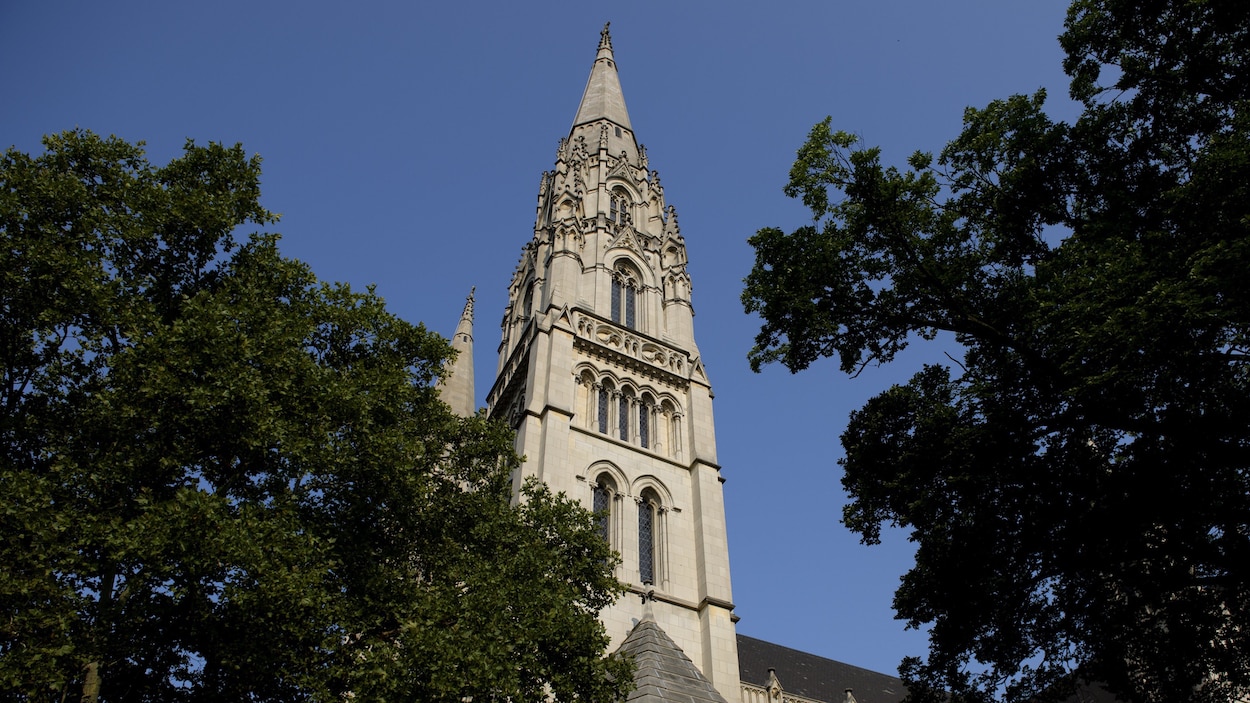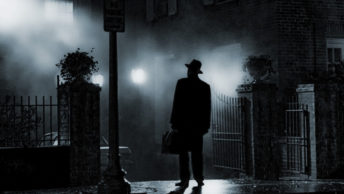When, by a 5-4 vote, the U.S. Supreme Court ruled this past June 26 that same-sex “marriage” must be allowed in all fifty states, the four dissenting justices warned that this decision, among other grave consequences, threatened the religious freedom of Christians morally opposed to such a practice. Justice Alito, for instance, stated that the ruling marginalized “the many Americans who have traditional ideas.”
There are already signs that religious liberty is in jeopardy. In a number of states, for example, Catholic adoption agencies have been denied funding and legal status because of their refusal to place children with same-sex couples. Following the Court’s ruling, there have been newspaper editorials demanding that the tax-exempt status of churches refusing to perform same-sex weddings be revoked. Some churches have been warned by their insurance carriers that they’re not covered should they be sued for refusing to perform gay “marriage” ceremonies. In Kentucky, volunteer prison chaplains have been forbidden to preach against homosexuality or to tell prisoners that such behavior is sinful. The openly gay mayor of Houston subpoenaed five churches, demanding they turn over for his review any sermons related to homosexuality.
These events are part of a growing trend that’s been underway for some years—and many Christians have been experiencing persecution on an individual level. For example, a couple in Oregon owning a bakery politely declined to bake a cake for a same-sex wedding because of their religious beliefs. Despite the First Amendment rights of religion and freedom of speech, they were found guilty of discrimination, fined $135,000 (causing the loss of their bakery), and forbidden to speak publicly about their case. Another baker in Colorado was ordered to create wedding cakes for gay couples, and forced to undergo sensitivity training to “cure” him of his religious bias against same-sex relationships.
A pastor in Arizona was ordered to stop holding Bible studies in his home. A pro-life nurse in New York was forced to participate in a late-term abortion, even though her work-place had earlier agreed to honor her religious convictions. A federal judge in Indiana ordered Bible school children to stop displaying their hand-decorated crosses in public because of their Christian symbolism.
The city of San Antonio considered an ordinance banning Christians from participating in city government if they opposed homosexual marriage. Photographers have been fined for declining to take pictures at lesbian “commitment” ceremonies. Christian dating sites have been forced to offer same- sex matches. A church in Montana was cited for failing to register as a “political committee” because of its preaching on the biblical nature of marriage. Other churches have been unfairly denied the opportunity to rent local public facilities, or forced to pay higher rates than non-religious organizations when doing so. Christian symbols have been removed from public places (and in one case, a church was forbidden to erect a cross on its own property); religious believers daring to pray in a courtroom have been threatened with being held in contempt of court.
Military chaplains have been disciplined (including court-martials and the stripping of their pensions) for praying with soldiers in the name of Jesus. The Obama Administration wants to force faith-based recipients of federal grants to accept employment applications from LGBT (lesbian, gay, bisexual, transgender) individuals. Religious organizations, such as the Little Sisters of the Poor, are being forced to include contraceptive coverage in the insurance provided to their employees. (This particular case may be appealed to the Supreme Court.)
There are numerous other examples showing that our Christian faith—even here in the United States—is increasingly under attack. Jesus warned that His followers could expect persecution (cf. Jn. 15:18-20; 16:2-3). For most of our country’s history, this reality did not apply to religious believers here in America—but because our nation has increasingly turned away from God, those who are trying to remain true to Him will more and more find themselves in the crosshairs. As Our Lord said, evildoers seek to remain in darkness so that their deeds might not be exposed—and accordingly hate those whose behavior and beliefs manifest the light of truth (cf. Jn. 3:19-20). Nevertheless, Jesus commands us to be light for the world (Mt. 5:14-16), and promises that we will be blessed for enduring persecution for His Name (Mt. 5:10-13).








